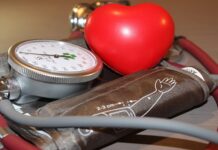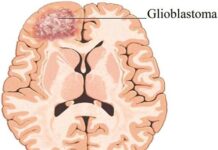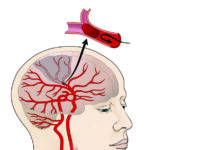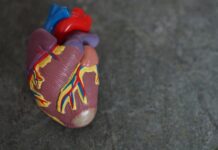An AI-powered, virtual platform is being developed to improve care for patients living with genetic disorders, as part of a Digital Health CRC project led by Peter MacCallum Cancer Centre and Swinburne University of Technology.
The online cloud-based platform, named GENIE, will initially focus on familial cancers and cardiac conditions, providing patients with guidance on how to find specialist care, support for clinical and psychological issues and clinical trial updates.
Utilising a unique AI-driven algorithm, GENIE also aims to identify and alert genetic counsellors to specific sub-group of patients at key life stages, or who are at risk of not adhering to management recommendations. This triage facility will enable time-sensitive clinical and psychological support to be efficiently targeted to the most clinically vulnerable people.
Associate Professor Alison Trainer, a Clinical Geneticist at Peter Mac, said access to genetic testing had improved over the years leading to more people with a high-risk genetic predisposition for disease being identified.
“Identifying these patients is only the first step in reducing mortality and morbidity, equally important is making sure they can access world-class care for the rest of their lives,” Associate Professor Trainer said.
“We can support this with new tools to help our genetic counsellors respond quickly to individuals’ needs, providing ready access to the right information and support at the right time. That is what is envisioned with GENIE.”
Associate Professor Prem Prakash Jayaraman, Director, Factory of the Future and Digital Innovation Lab at Swinburne, commented on the potential of the AI technology to address the gap in genetic counselling.
“AI-based digital health platforms can support early intervention by using genetic mutation data and advanced AI algorithms to automatically identify individuals at risk,” Associate Professor Jayaraman said.
























